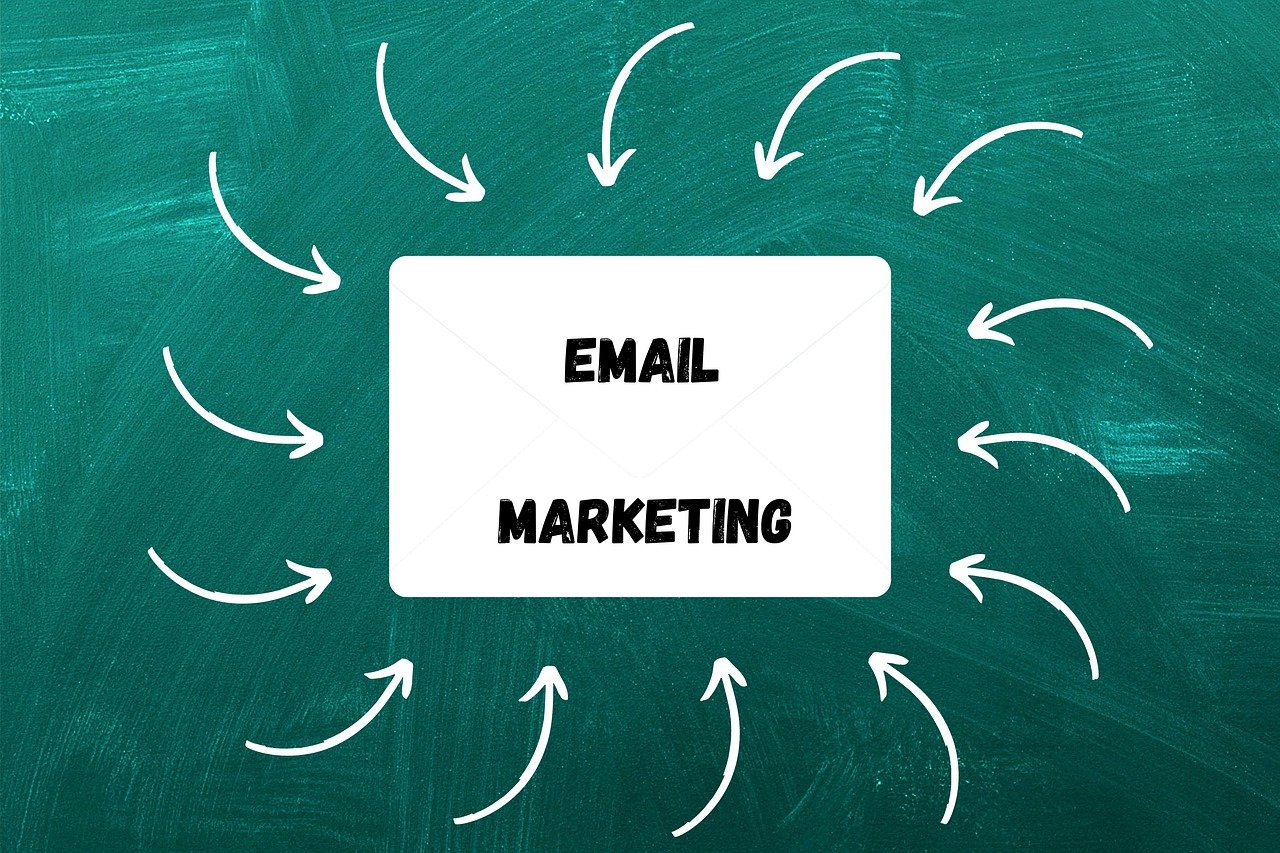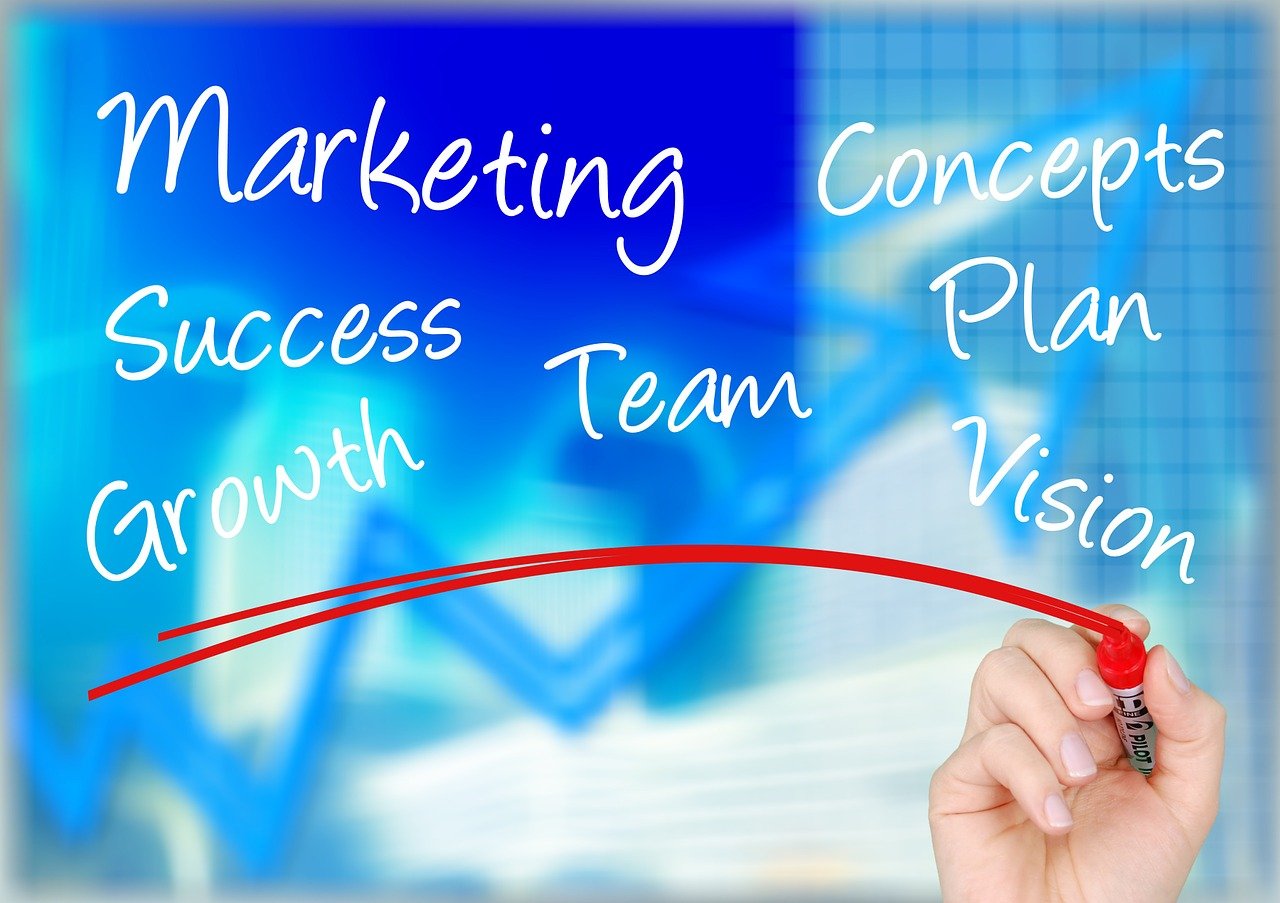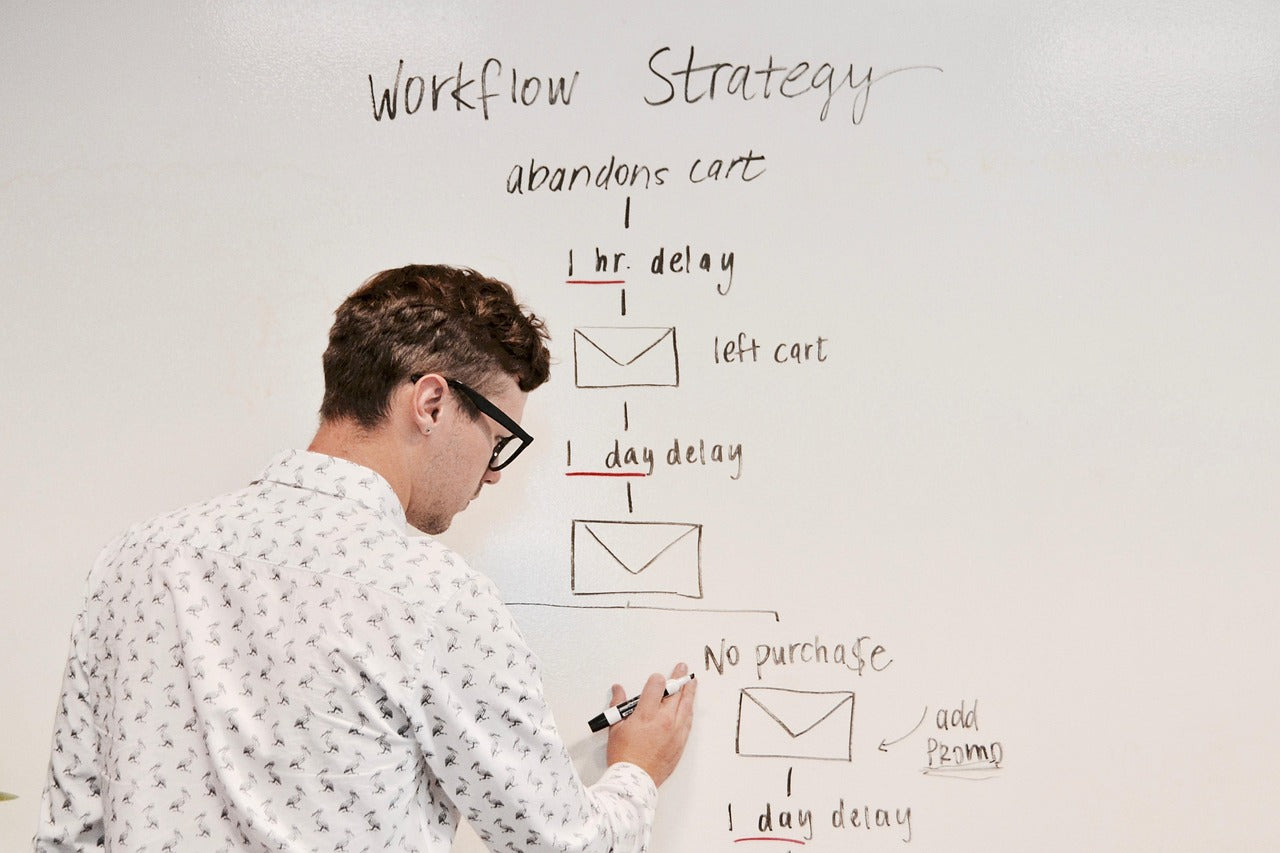
#1
Marketing Challenge
Kick off the 28-Day Marketing Challenge with a hands-on sprint that covers the fundamentals every small team needs: positioning, audience mapping, messaging, and a micro content plan. Each day introduces a focused task — from clarifying your value proposition to drafting a week of social posts — so participants finish with a small but polished marketing playbook they can actually use. Benefits include clearer brand messaging, a prioritized list of acquisition channels, and a repeatable weekly content routine. Ideal for owners or marketers who want momentum fast: no theory-heavy lectures, just practical steps that produce visible progress in four weeks.

#2
Sales Challenge
The Sales Challenge is a 28-day practical bootcamp that tightens your process from lead to close. Participants will audit their current pipeline, rebuild a simple qualification framework, create two repeatable outreach cadences (email + call), and practice objection handling scripts tailored to their product. By the end of the month you’ll have a tested 30-day nurture sequence, a scoring rubric to prioritize leads, and at least one repeatable demo or discovery script. The goal: shorter sales cycles, higher conversion from lead to opportunity, and predictable weekly revenue activity that a teammate could follow tomorrow.

#3
Customer Success Challenge
This 28-day challenge helps teams move from reactive support to proactive retention. Tasks focus on onboarding flows, success milestones, churn-risk signals, and scalable touchpoints (automated emails, check-ins, and a simple health score). Participants map the customer journey, build a templated onboarding plan, and design one high-impact intervention to reduce early churn. Benefits include improved time-to-value for customers, fewer surprise cancellations, and a library of repeatable playbooks for onboarding and renewals. Perfect for growing SaaS teams or service providers who want happier customers and more predictable lifetime value.

#4
Operations Challenge
The Operations Challenge is a month of tightening the engine that runs your business — documentation, workflows, and capacity planning. Each day focuses on a single operational improvement: process mapping, role clarity, SLAs, vendor audits, and a basic reporting cadence. By day 28 you’ll have clear SOPs for two critical processes, a simple dashboard to track weekly KPIs, and a prioritization grid for operational bottlenecks. Benefits include faster onboarding for new hires, fewer process failures, and greater visibility into where time and money are being lost.

#5
RevOps Challenge
RevOps helps align marketing, sales, and customer success around revenue. Over 28 days this challenge builds a revenue map, defines stages and handoffs, sets up basic attribution, and creates a single source of truth for pipeline metrics. Tasks include auditing CRM hygiene, creating SLAs between teams, and designing a simple reporting pack for executives. Expected outcomes: improved funnel conversion, faster lead routing, and clearer insight into which activities drive revenue. This challenge is highly practical — it equips teams to remove friction between departments and accelerate growth with measurable fixes.

#6
Email Marketing Challenge
In 28 days you’ll design, write, and launch an email program that converts. The challenge walks you through subscriber segmentation, a welcome sequence, a value-based newsletter template, and one promotional campaign optimized for clicks and deliverability. Daily tasks include subject-line testing, automations, and cleaning your list to improve open rates. End results: a tested welcome funnel, a calendar of weekly sends, and an A/B test you can run next month. Great for businesses who want email to become a reliable sales and retention channel rather than an afterthought.

#7
Social Media Marketing Challenge
This challenge turns social from chaotic to strategic in four weeks. You’ll define platform priorities, create a consistent content template, batch two weeks of posts, and set up a lightweight analytics check to track engagement and reach. Assignments include audience voice mapping, short-form video scripts, and a simple ad test to amplify top posts. By the end participants will have a content calendar, a repeatable production workflow, and a playbook for turning organic posts into measurable traffic — perfect for teams that need consistent visibility without burning all their creative bandwidth.

#8
Public Relations Challenge
The PR Challenge focuses on building credibility and media momentum in 28 days. Participants draft a concise brand story, create targeted media lists, craft a pitch template, and prepare three story hooks for outreach. Tasks include assembling a one-page press kit and running a small experiment pitching local or niche press. Benefits are clearer messaging for journalists, early media placements, and a replicable outreach process. This is an excellent crash course for founders or marketing leads who want earned coverage but don’t know where to start.

#9
eCommerce Challenge
This 28-day sprint converts browsers into buyers by optimizing product pages, checkout flows, and post-purchase funnels. Daily tasks include product copy refreshes, image audits, testing urgency messaging, and mapping customer touchpoints from ad click to delivery. Participants will also set up an abandoned cart recovery sequence and one conversion experiment (e.g., simplified checkout or bundle offer). The result: measurable lifts in conversion rate, a clearer merchandising strategy, and a prioritized list of micro-tests that can keep improving revenue after the challenge ends.

#10
Shopify Challenge
Designed specifically for Shopify store owners, this month-long course focuses on speed, conversion, and store experience. You’ll audit theme performance, optimize product pages for clarity and SEO, configure essential apps (cart recovery, reviews, analytics), and build a high-converting homepage layout. Each day includes a small technical or copy change with immediate impact, plus a finishing project: a promotional landing page ready for traffic. Ideal for owners who want fast, tangible improvements without a full redesign — you’ll leave with a lean, better-performing Shopify store.

#11
HubSpot Onboarding Challenge
This 28-day onboarding roadmap gets your HubSpot instance tracked, structured, and actually useful. The challenge covers CRM setup, property taxonomy, pipeline stages, basic automations, and role permissions. Daily tasks walk you through importing contacts, configuring deal stages, and building one core workflow (e.g., lead assignment or welcome sequence). By the end you’ll have clean data, one active workflow, and a starter dashboard for monitoring leads. Perfect for teams new to HubSpot who want a practical, safe onboarding path instead of a messy, half-used CRM.

#12
HubSpot Optimization Challenge
For teams already using HubSpot, this challenge focuses on tuning and expanding what’s working: segmentation, advanced workflows, lead scoring, and reporting. Over 28 days participants audit existing properties, optimize email deliverability, create cross-team SLAs, and build a revenue-focused dashboard. The final deliverable is a prioritized roadmap of automations and experiments to increase lead quality and velocity. Benefits include fewer manual tasks, better-aligned marketing and sales, and clearer insights that inform smarter campaigns.

#13
Marketing Operations Challenge
Marketing Ops is about making marketing efficient and measurable. In 28 days this challenge helps you centralize campaign tracking, standardize naming conventions, set up basic attribution, and create a lightweight campaign request process. Daily work includes cleaning ad/campaign tags, building a campaign performance template, and defining process owners. The outcome: faster campaign launches, fewer tracking mistakes, and a consistent reporting rhythm that helps your team scale without chaos. Ideal for mid-sized teams ready to remove bottlenecks and bring discipline to creative execution.

#14
Automation Challenge
This challenge teaches you to automate repetitive, revenue-adjacent tasks across tools in 28 days. You’ll map repetitive work, prioritize two automations (lead routing, onboarding, or billing reminders), prototype workflows, and measure impact. Participants receive step-by-step checklists for building automations and best practices for error handling and monitoring. The benefits are immediate: reduced manual labor, fewer missed follow-ups, and faster customer response times. It’s a low-risk way to introduce automation culture so teams can reclaim time for higher-value strategic work.

#15
AI Challenge
A practical 28-day AI Challenge focused on usable, ethical AI applications for marketing and operations. Each week focuses on a theme — content generation, customer insights, process automation, and experimentation — with daily prompts to prototype prompts, fine-tune a simple workflow, or run a lightweight experiment (e.g., AI-assisted ad copy versus human copy). Participants learn how to vet outputs, avoid hallucinations, and integrate AI into existing processes responsibly. Expected benefits include faster content production, better data summaries, and a tested mini-AI workflow that enhances productivity without replacing human judgment.

#16
Search Engine Optimization Challenge
This 28-day SEO sprint guides you through technical health, on-page optimization, and a content plan that targets meaningful keywords. Daily tasks include a site crawl, title/meta refreshes, internal linking improvements, and drafting several optimized blog outlines. You’ll also set up a simple content calendar and one backlink outreach experiment. By day 28 you’ll have cleaner site structure, improved page relevance for priority keywords, and a prioritized backlog of content and technical fixes — a practical foundation for sustainable organic traffic growth.

#17
Search Engine Marketing Challenge
The SEM Challenge is a month of structured paid-search improvement: campaign auditing, keyword structuring, ad copy testing, and conversion tracking. Participants will restructure or build a campaign with clear match types, negative keyword lists, and two ad variants per ad group for A/B testing. Daily tasks include bid strategy checks, landing page alignment, and a small remarketing setup. Outcomes are cleaner account architecture, better-quality scores, and a measurable lift in CTR and conversions. This is ideal for marketers who want to get more predictable results from their search budget without endless guesswork.
